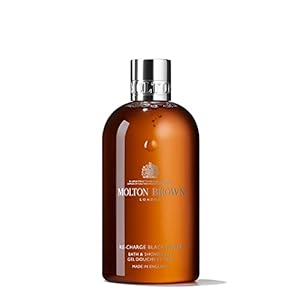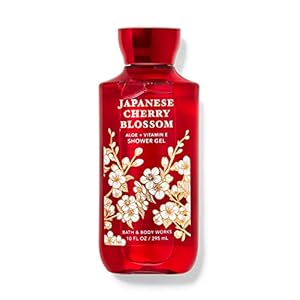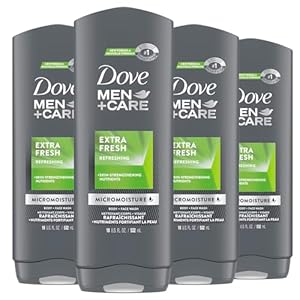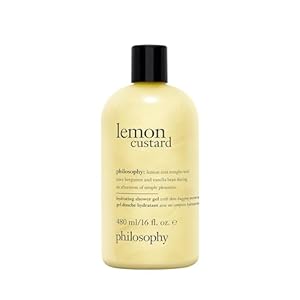
Exfoliating plays a pivotal role in maintaining the health and smoothness of your skin. By sloughing off dead skin cells and unclogging pores, you pave the way for a rejuvenated complexion. But the benefits go beyond just surface-level improvements. Would you like to discover the deeper impact exfoliation can have on your skin health and how to maximize its effects for a radiant glow?
Benefits of Exfoliating for Skin
Exfoliating your skin regularly helps to remove dead skin cells, revealing a smoother and healthier complexion. By sloughing off these dead cells, you unclog pores, prevent breakouts, and improve the overall texture of your skin. This process also allows for better absorption of skincare products, making them more effective in nourishing your skin. Additionally, exfoliation promotes cell turnover, which can help reduce the appearance of fine lines and wrinkles, giving you a more youthful glow.
Not only does exfoliating benefit the surface of your skin, but it also promotes circulation, resulting in a more radiant complexion. Removing the barrier of dead skin cells allows your skin to breathe and function properly. It can even help with hyperpigmentation and uneven skin tone, as exfoliation encourages the growth of new skin cells. Overall, incorporating exfoliation into your skincare routine can lead to brighter, smoother, and healthier-looking skin.
Types of Exfoliants to Consider
Consider exploring different types of exfoliants to find the best match for your skin needs and preferences. There are two main types of exfoliants: physical and chemical.
Physical exfoliants use granules or tools to physically scrub away dead skin cells. These can be effective but may be too harsh for sensitive skin. Look for gentle options like sugar scrubs or cleansing brushes if you have delicate skin.
On the other hand, chemical exfoliants use acids like alpha hydroxy acids (AHAs) or beta hydroxy acids (BHAs) to dissolve dead skin cells. These are often gentler and can penetrate deeper into the skin for a thorough exfoliation. If you have acne-prone skin, BHAs like salicylic acid can be beneficial, while AHAs like glycolic acid are great for brightening and anti-aging benefits.
Experiment with different exfoliants to see which type works best for you, and remember to always follow up with a moisturizer to keep your skin hydrated and healthy.
How Often Should You Exfoliate?
For optimal skin health, determine the frequency of exfoliation that suits your skin type and condition. Exfoliating too often can lead to irritation and dryness, while not exfoliating enough may result in a buildup of dead skin cells.
If you have oily or acne-prone skin, exfoliating 2-3 times a week may be beneficial in preventing clogged pores and breakouts. However, if you have sensitive skin, limit exfoliation to once a week to avoid aggravating your skin.
Normal skin types can typically handle exfoliating 2-4 times a week to maintain a healthy glow. Combination skin may benefit from exfoliating 2-3 times a week, focusing on areas that tend to be oilier, such as the T-zone.
Always listen to your skin and adjust the frequency of exfoliation as needed. If you notice redness, stinging, or excessive dryness, reduce the frequency or switch to a gentler exfoliant. Finding the right balance will help keep your skin smooth, healthy, and radiant.
Tips for Safe and Effective Exfoliation
To ensure safe and effective exfoliation, always start by cleansing your skin thoroughly to remove any dirt or impurities. This step helps prepare your skin for exfoliation and ensures that the exfoliant can work more effectively. When choosing an exfoliant, opt for products with gentle ingredients like sugar, oatmeal, or alpha hydroxy acids, especially if you have sensitive skin. Avoid harsh exfoliants that can cause irritation or damage to your skin.
When applying the exfoliant, use gentle circular motions to massage it onto your skin. Avoid scrubbing too vigorously, as this can lead to redness and inflammation. Be mindful of the pressure you apply, and let the exfoliant do the work without excessive force.
After exfoliating, remember to moisturize your skin to keep it hydrated and nourished. This step helps maintain your skin’s moisture barrier and prevents it from becoming dry or irritated. Always follow up with sunscreen, especially if you exfoliate during the day, to protect your skin from harmful UV rays. By following these tips, you can exfoliate safely and effectively to achieve smooth and healthy skin.
Trending Products














